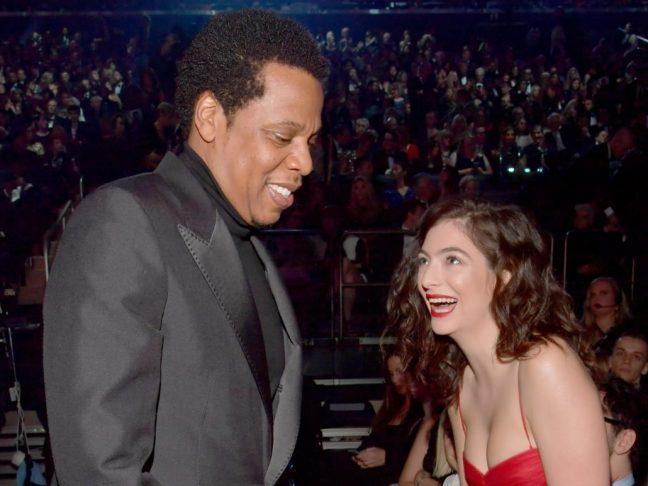I’m shook.
Her speech was so woke.
What he said was so lit.
It seems all anyone is talking about the Monday following the 60-year anniversary of the Grammys is anything but the music. The conversations about politics, female empowerment and diversity are all unimaginably pertinent and rightfully talked about. How much these movements have President Donald Trump’s fingerprint of completely uninhibited opinion to thank remains to be seen.
The last generation-defining response to events exterior to the music world came in the form of Green Day’s “American Idiot” and, for the best part of a decade, the sharpest commentary has been 28-year-old Taylor Swift’s rather pubescent lyrics on past relationships. And so perhaps Trump’s remarks about foreign countries, immigration and his interactions with women have engendered artists to provide their opinions — at least the conversations within the music industry are attempting to become great again.
But the conversations musicians are conducting are outshining the music itself. News broke late Monday night of Katy Perry and Charlie XCX’s sharp rebukes of Grammy President Neil Portnow’s comments that women should “step up” if they want more Grammy Awards (he has since cited a lack of articulation).
Evidently, one show-stopping and heart-wrenching performance by Kesha (sans dollar sign and therefore explicitly different to the Ke$ha of six years ago) does not constitute genuine support for gender equality.
Added to this were the apparent tokenism and the inclusion of artists to display the Recording Academy’s diversity rather than true artistry. While Kendrick Lamar’s introduction was impassioned, innovative and had all the trappings of the intelligent shooting from the hip that was once the exclusive territory of Billie Joe Armstrong and the Gallagher brothers, Dave Chappelle’s rehearsed ad lib, “The only thing more frightening than watching a black man be honest in America is being an honest black man in America,” felt anything but — trite and seemingly placed only to reinforce the Academy’s commitment to diverse speech. It is a trend that stayed true to its Grammy course.
For every ultra-eloquent Janelle Monae, there came an award-less “Despacito.” For every Kendrick Lamar social critique so sharp it could draw blood, came another triumph during a Bruno Mars clean sweep. There lies the cardinal sin symptomatic of the Grammy Awards and perhaps even of music itself in the past year.
In a way, the awards given out, while disconcertingly shunning even powerful female contenders like Lorde, reflect what listeners celebrate today.
We celebrate “1-800-273-8255,” which is substantially more impactful for the hugely important message it’s trying to convey than the run-of-the-mill melodies and beats that accompany it. We celebrate rock legends like U2, who resembled a pale imitation of their fiery heyday irreverence, even though Bono’s megaphone antics briefly lit that flame.
We celebrate pastiches like Bruno Mars and Cardi B’s performance. Lately, it seems Mars has abandoned musical advancement in favor of ’70’s idolatry so much, it’s a small wonder he doesn’t use a rotary dial telephone.
In its review of Sunday night, Billboard’s takeaway message was this — “The 2018 Grammys Looked Woke, But They Were as Retro as Ever.” The next “American Idiot,” replete with melody and message, can only occur if the Recording Academy awards those who are attempting to emulate that singular combination.
In the distinct words of music legend Quincy Jones, “We need more songs, man. F—ing songs, not hooks.”


